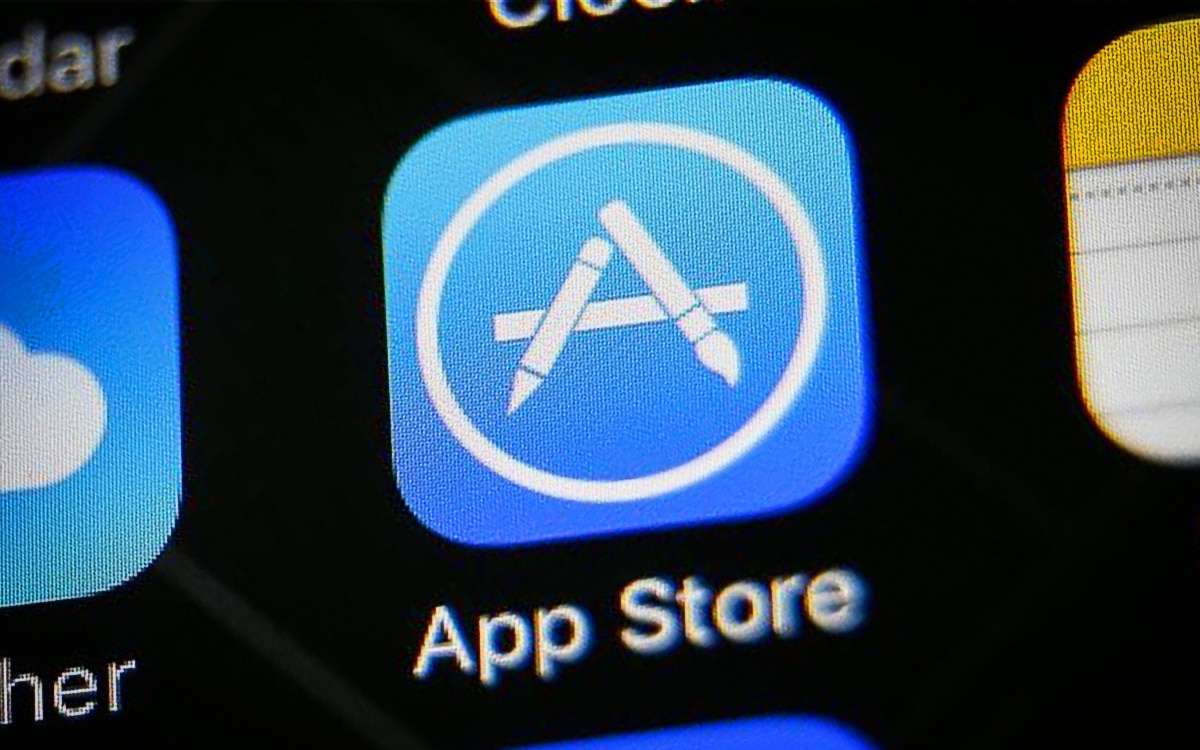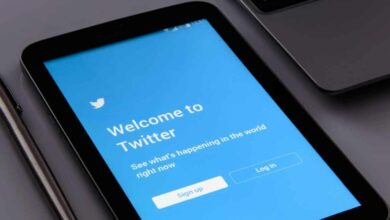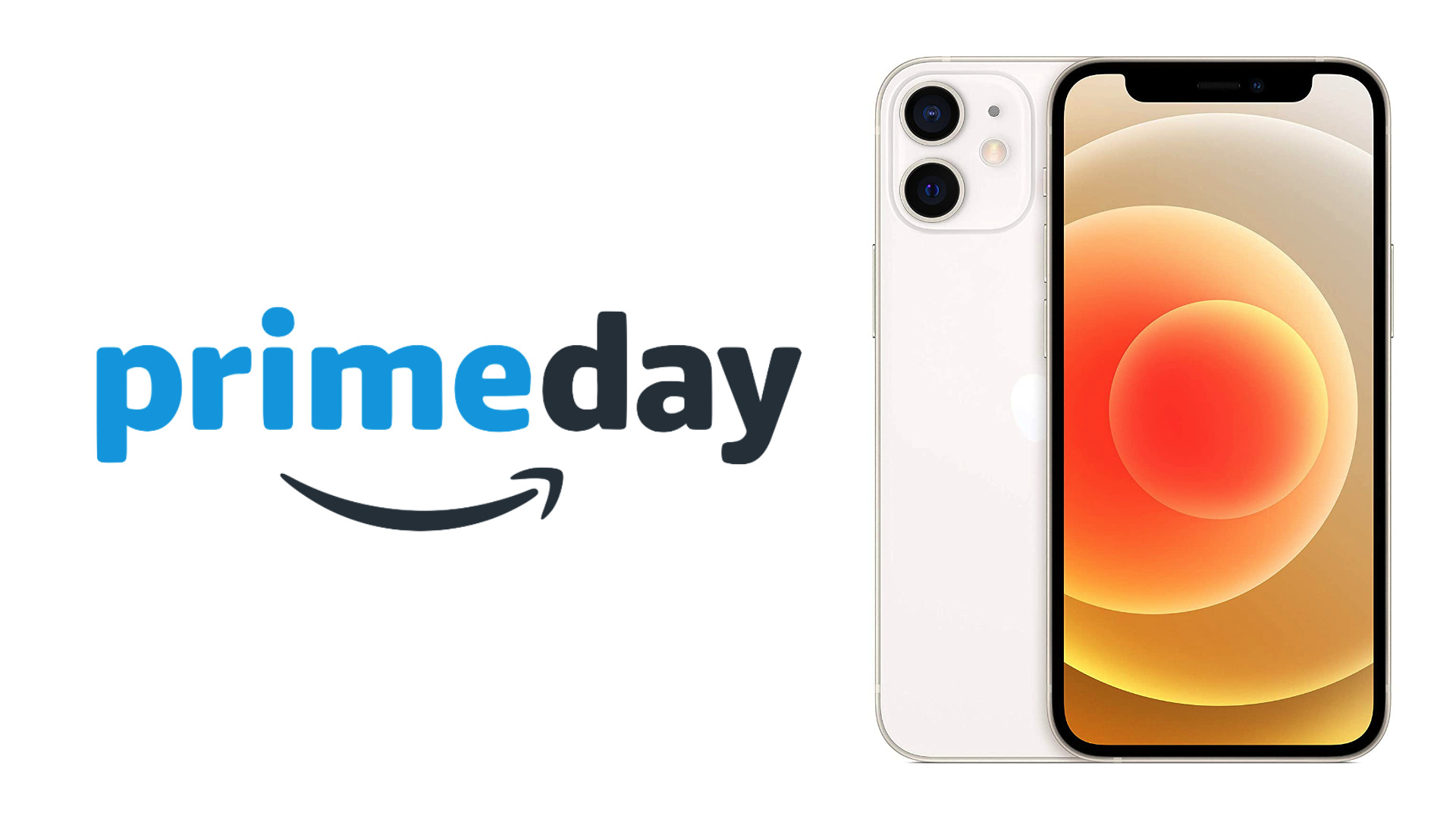
In Illinois, United States, senators have introduced a bill against Apple’s rules on the App Store. And specifically against forcing local app developers to use Apple’s payment platform for in-app purchases. They claim that the firm’s commission is a loss of revenue for Illinois. The Play Store would also be targeted.
If you read us regularly, you know what the ” apple tax “. This is the commission that the firm receives when a purchase is made on the App Store or in an application distributed on the App Store. This commission amounts to 30% of the amount paid by the consumer, except for “small developers”, taxed at 15%, and a few special cases: content players such as Spotify or Netflix, as well as companies such as Uber or McDonald’s again. These are exempt.
Read also – The App Store generated 75 billion euros in revenue in 2021, twice as much as the Play Store
For a year, a vast legal battle separated Epic Games and Apple around Apple’s commission. The first has integrated an alternative payment method into its game Fortnite. It did not please Apple, which removed the application from the App Store. It ended up in court with a judgment that was not in favor of Apple: the firm must relax its rules. But Epic’s victory is not for all developers. Others are still subject to Apple tax.
App Store: Illinois wants to exempt its local developers from the Apple tax
And this bothers certain American states, such as Florida, Georgia, Massachusetts, New York and Illinois. The latter state has tabled a bill aimed at force Apple to allow local developers to use another payment method for App Store purchases and in-app purchases. According to the senators who support this project, the Apple commission represents a loss of revenue for the local community, since their turnover is reduced by 30% (reducing the taxes they pay). The senators also believe that the money taken by Apple weakens certain branches of activity, in particular the press which has suffered considerably since the audience has gone digital.
This project originates from a legal dispute between Apple and base camp, an Illinois developer who created the business email app called Hey. This was rejected by the App Store because it did not want to pay Apple’s tax on subscriptions to its service. Result, when the application launches, it displays a screen with login and password, without redirection to a means of payment. Hey invited users to create an account on the official site and pay for their subscriptions. Apple, suspecting the deception, forced Basecamp to create free access.
Source: WGEM



